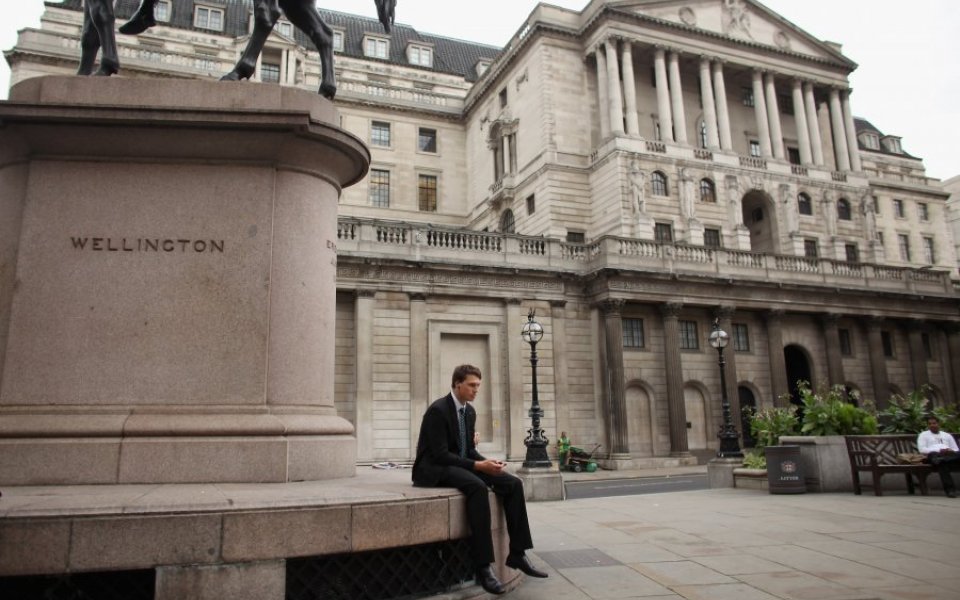Bitcoin technology could allow everyone to have an account at the Bank of England, but beware bank risks – Ben Broadbent

The Bank of England could use the technology that underpins digital currencies such as bitcoin to offer everyone a bank account with the central bank, one of its top officials said today.
Only commercial banks and a select few financial companies can currently hold accounts at the Bank of England. But Ben Broadbent, deputy governor for monetary policy, said new technology would make it easier to allow more companies or even individuals to hold accounts at the Bank.
“That might mean adding only a narrow set of counterparties – perhaps a wide range of non-bank financial companies, say. It might mean something more dramatic: in the limiting case, everyone – including individuals – would be able to hold such balances,” he told an audience at the London School of Economics.
While explaining the benefits of doing so, he warned it would pose risks to commercial banks. He said:
On the one hand, it would probably make [commercial banks] safer. Currently, deposits are backed mainly by illiquid loans, assets that can’t be sold on open markets; if we all tried simultaneously to close our accounts, banks wouldn’t have the liquid resources to meet the demand. The central bank, by contrast, holds only liquid assets on its balance sheet. The central bank can’t run out of cash and therefore can’t suffer a “run”.
On the other hand, taking deposits away from banks could impair their ability to make the loans in the first place. Banks would be more reliant on wholesale markets, a source of funding that didn’t prove particularly stable during the crisis, and could reduce their lending to the real economy as a result.
Broadbent added:
Without a supply of bank credit, how would the real economy, in particular the part of it that cannot easily access securities markets, itself be funded?
If bank lending became scarcer, or more expensive, it’s likely that investment and economic activity would suffer.
Broadbent said bitcoin itself was unlikely to be widely adopted as a currency. However, he said the so-called distributed ledger was an “important innovation”.
“The distributed ledger works by encouraging users to verify for themselves, and others, blocks of transactions made over time. As everyone in the system has the right to do this, and everyone can see the results, there is no need for a trusted, centralised clearer,” he said.
“This allows transfers to be verifiably recorded without the need for a trusted third party. It is potentially valuable when there is no such institution and when verifying such information on a multilateral basis is costly.”